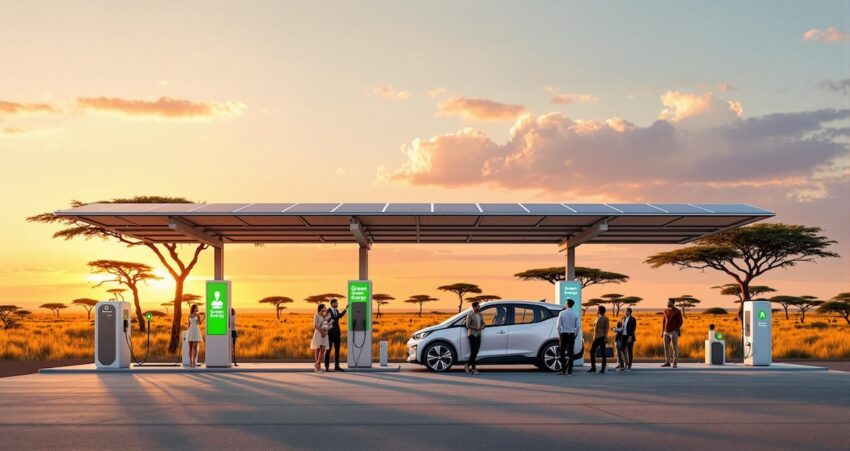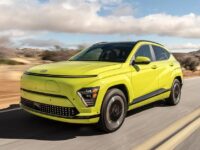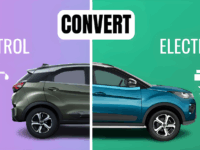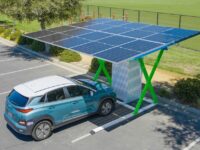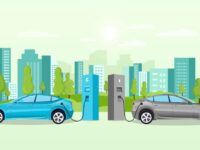Electric vehicle (EV) adoption is accelerating across Africa, driven by rising fuel costs, urban air pollution concerns, and proactive government policies promoting sustainable transport. Despite challenges such as limited charging infrastructure and high initial costs, several African nations are emerging as leaders in embracing electric mobility. Below is an enhanced list of the top 10 African countries leading in EV adoption in 2025, enriched with specific data, trends, and insights to provide a comprehensive overview.
1. South Africa
South Africa leads with approximately 8,000 EVs (including hybrids) registered by 2023, supported by its advanced economy and infrastructure. Cities like Johannesburg, Cape Town, and Durban boast over 400 public charging stations, with plans to double this by 2027. Tax incentives, such as reduced import duties, and private investments from companies like BMW and Nissan drive growth. South Africa aims to produce EVs locally by 2026, positioning it as a regional hub for electric mobility.
2. Mauritius
Mauritius, with its compact geography, has a 5.5% adoption rate, driven by tax rebates on EV imports and a goal for 50% electric vehicles by 2030. Over 150 charging stations are operational, supported by the island’s renewable energy grid. Electric buses and taxis are increasingly common in Port Louis, aligning with Mauritius’ sustainable tourism vision.
3. Morocco
Morocco leverages its renewable energy leadership to advance EV adoption, with over 10,000 hybrid and electric vehicles by 2022. The country’s automotive industry, including partnerships with Renault and Stellantis, supports ambitions to produce 1 million vehicles (60% EVs) by 2030. Urban centers like Casablanca and Rabat are expanding EV charging networks, with over 200 stations operational in 2025.
4. Egypt
Egypt’s growing middle class and urban congestion drive its EV market, with over 2,000 EVs by 2023. The government supports local manufacturing through partnerships with companies like Dongfeng and plans to establish 300 charging stations along major highways by 2026. Cairo’s electric taxi pilot programs are reducing emissions, with incentives like subsidized loans encouraging consumer adoption.
5. Kenya
Kenya’s EV market thrives, with nearly 4,000 vehicles, predominantly electric motorbikes and tuk-tuks, registered by 2023. Companies like BasiGo and Roam are scaling electric bus and motorcycle production, supported by 50+ battery-swapping stations in Nairobi. The 2023 Electric Mobility Draft Policy targets 5% of vehicle registrations to be electric by 2025, bolstered by reduced import tariffs and renewable energy integration.
6. Rwanda
Rwanda is a trailblazer in Africa’s EV landscape, particularly in two-wheeler electric motorbikes. Kigali’s e-mobility push includes over 1,000 electric boda-bodas, supported by solar-powered charging stations and battery-swapping networks led by startups like Ampersand and Spiro. The government’s 2023 Electric Mobility Policy offers tax exemptions and aims for 20% of public transport to be electric by 2030.
7. Ghana
Ghana’s EV fleet, estimated at 17,000 (mostly two- and three-wheelers), benefits from duty waivers and government incentives. Accra is seeing a rise in electric motorbikes, with private companies like Solar Taxi leading deployment. The government’s 2024 Green Transport Roadmap aims to establish 100 charging stations by 2027, fostering urban EV growth.
8. Tunisia
Tunisia’s EV market is growing, with over 1,500 hybrid and electric vehicles by 2023. The government’s 2024 EV Strategy includes tax incentives and plans for 200 charging stations by 2028. Tunis and Sfax are piloting electric public transport, with a focus on hybrids to bridge infrastructure gaps, positioning Tunisia as an emerging EV hub.
9. Nigeria
Nigeria, with its vast market potential, has over 1,000 EVs, primarily in Lagos and Abuja, driven by private initiatives from companies like SAGLEV Inc. and Innoson. The government is exploring tax breaks and plans for 50 charging stations by 2026. Despite grid challenges, Nigeria’s urban demand and young population signal strong future growth in EV adoption.
10. Cape Verde
Cape Verde’s small size and renewable energy ambitions make it ideal for EVs. The government’s 100% renewable energy goal by 2030 includes electrifying transport, with over 100 EVs (mostly taxis) in Praia. Tourism-driven incentives and 20+ charging stations support Cape Verde’s transition to a fully electric transport system.
Challenges and Opportunities
Africa’s EV journey faces hurdles like unreliable electricity grids, high EV costs, and limited charging infrastructure. However, opportunities are abundant:
- Local Manufacturing: South Africa and Morocco’s local production plans could reduce costs and create jobs.
- Renewable Energy Integration: Countries like Rwanda and Mauritius leverage solar and wind to power EVs sustainably.
- Policy Innovation: Tax incentives, duty waivers, and public-private partnerships are accelerating adoption.
The Future is Bright
The journey to widespread EV adoption in Africa is a marathon, not a sprint. However, the progress made by these ten countries is commendable and sets a promising precedent for the rest of the continent. As technology advances, battery costs decrease, and infrastructure expands, we can expect to see an even more rapid acceleration in electric vehicle adoption across Africa, contributing to cleaner air and a more sustainable future.
